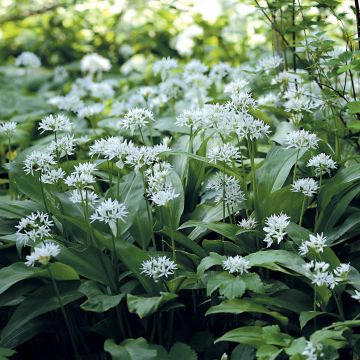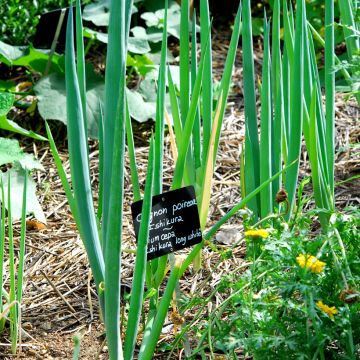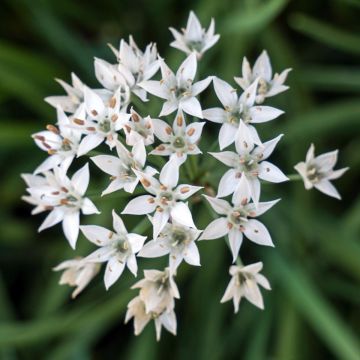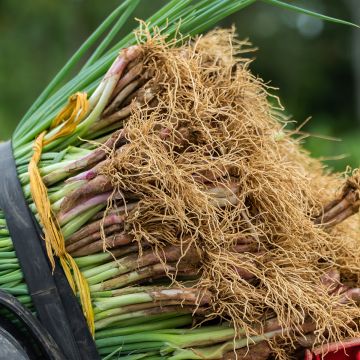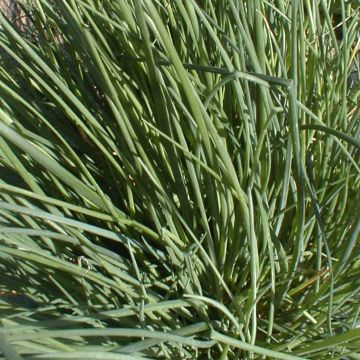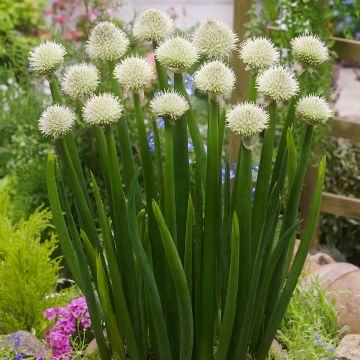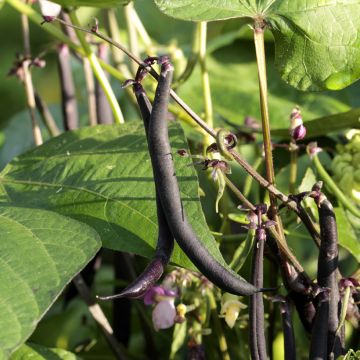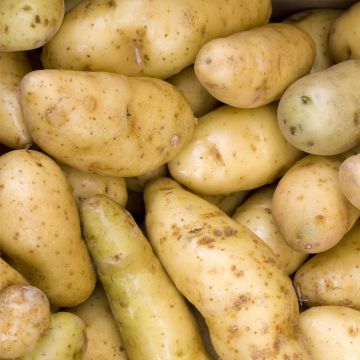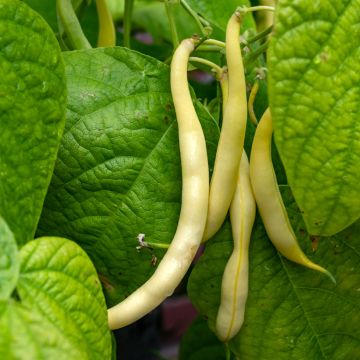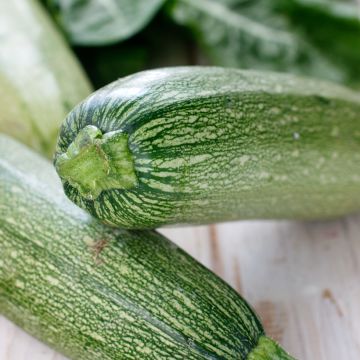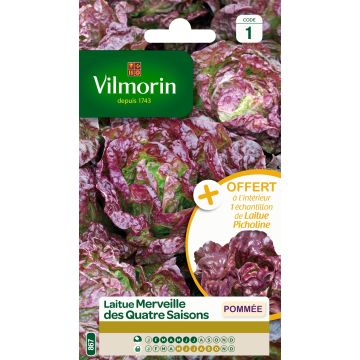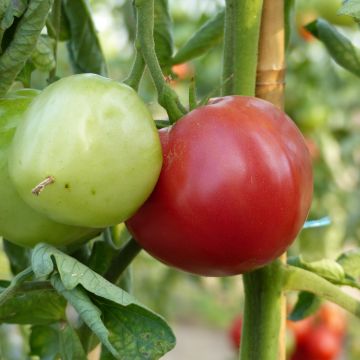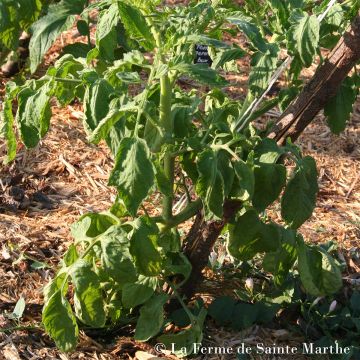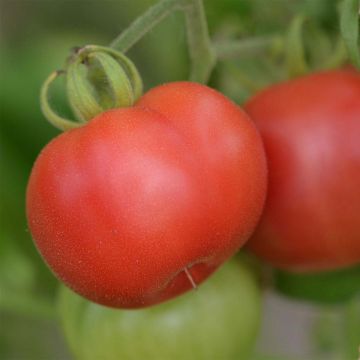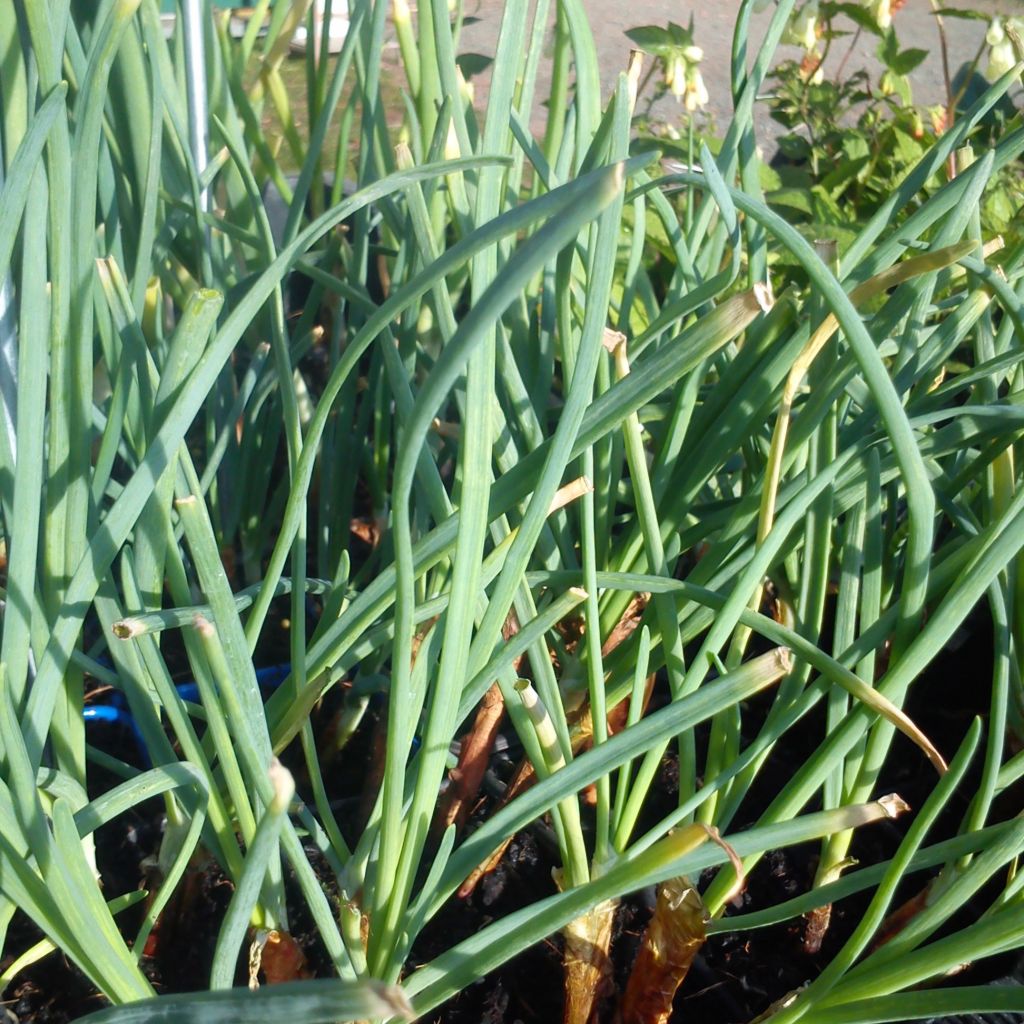

Cive St Jacques - Ciboule St Jacques
St Jacques Chives - Allium fistulosum
Allium fistulosum St Jacques
Chives, Welsh onion, Bunching onion, Long green onion
Plant arrived well packaged. I'm waiting for it to grow and strengthen a bit before planting it in the ground.
Jean-Marie, 07/04/2025
Special offer!
Receive a €20 voucher for any order over €90 (excluding delivery costs, credit notes, and plastic-free options)!
1- Add your favorite plants to your cart.
2- Once you have reached €90, confirm your order (you can even choose the delivery date!).
3- As soon as your order is shipped, you will receive an email containing your voucher code, valid for 3 months (90 days).
Your voucher is unique and can only be used once, for any order with a minimum value of €20, excluding delivery costs.
Can be combined with other current offers, non-divisible and non-refundable.
Home or relay delivery (depending on size and destination)
Schedule delivery date,
and select date in basket
This plant carries a 6 months recovery warranty
More information
We guarantee the quality of our plants for a full growing cycle, and will replace at our expense any plant that fails to recover under normal climatic and planting conditions.
Description
Allium fistulosum St Jacques is a perennial and hardy chive that produces bulbous stems at the base and long green leaves with a taste reminiscent of onions. It can be harvested all year round because it has the particularity of not flowering and not going to seed. Like all perennial vegetables, it is ideal for permaculture. Planting is done in spring or autumn.
Allium fistulosum St Jacques is a very old aromatic perennial plant. Its name comes from the pilgrims of St. James of Compostela, who used it to prevent scurvy. In terms of cuisine, the St. James Chive flavours salads, omelettes, soups, or sauces. Its taste is similar to that of onions.
This chive is mainly grown in the vegetable garden but can also be used as an ornamental plant. It belongs to the same family as garlic, onions, and shallots. It is a bit like the big sister of chives, but in an XL version, a clumping habit and hollow, cylindrical leaves.
Harvesting: it can be done throughout the year. It is possible to take a few centimetres of stems or a whole stem.
Storage: Chives can be stored for a few days in the refrigerator or for a few months by drying or freezing. However, it is preferable to consume it fresh to fully enjoy its fragrance.
The gardener's little tip: To limit watering, we recommend mulching the soil with thin successive layers of clippings, if possible mixed with dead leaves. This protection, which keeps the soil moist, also limits weed growth. The mulch should ideally be renewed every year.
Report an error about the product description
St Jacques Chives - Allium fistulosum in pictures
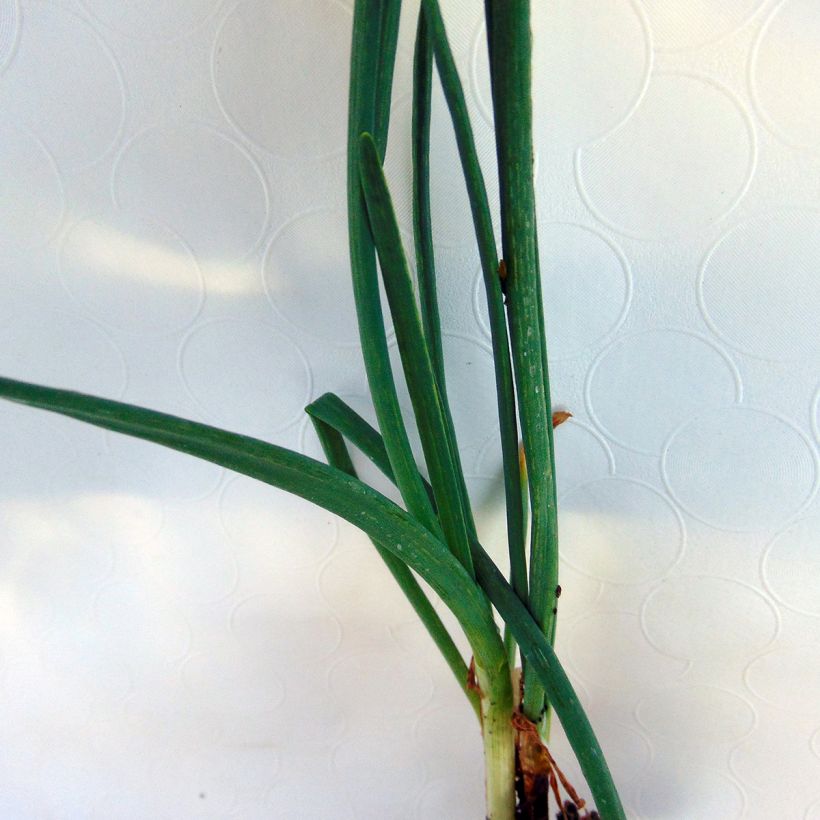

Harvest
Plant habit
Foliage
Other Spring onion
View all →Planting and care
The cultivation method of Allium fistulosum St Jacques is the same as that of the Common Chive. Choose a sunny or partially shaded location. This chive likes to be planted next to carrots (protection against flies), but doesn't appreciate being next to legumes from the Fabaceae family (beans, peas, fava beans).
Allium fistulosum St Jacques prefers moist and moderately rich soil. If compost is needed, it should preferably be added in the autumn, in the form of well-rotted compost, by raking it to a depth of 5 cm (2in), after having thoroughly loosened the soil as is done for all vegetable cultivation. Chives can also be grown in pots.
Planting takes place in spring, from March to May, or in autumn, in September-October. The plants should be spaced 20 cm (8in) apart in all directions. Loosen the soil deeply. Dig a hole (3 times the volume of the root ball), place the root ball, and cover with soil. Firmly press down and water to keep the soil moist.
Cultivation
Care
Intended location
-
, onOrder confirmed
Reply from on Promesse de fleurs
Similar products
Haven't found what you were looking for?
Hardiness is the lowest winter temperature a plant can endure without suffering serious damage or even dying. However, hardiness is affected by location (a sheltered area, such as a patio), protection (winter cover) and soil type (hardiness is improved by well-drained soil).

Photo Sharing Terms & Conditions
In order to encourage gardeners to interact and share their experiences, Promesse de fleurs offers various media enabling content to be uploaded onto its Site - in particular via the ‘Photo sharing’ module.
The User agrees to refrain from:
- Posting any content that is illegal, prejudicial, insulting, racist, inciteful to hatred, revisionist, contrary to public decency, that infringes on privacy or on the privacy rights of third parties, in particular the publicity rights of persons and goods, intellectual property rights, or the right to privacy.
- Submitting content on behalf of a third party;
- Impersonate the identity of a third party and/or publish any personal information about a third party;
In general, the User undertakes to refrain from any unethical behaviour.
All Content (in particular text, comments, files, images, photos, videos, creative works, etc.), which may be subject to property or intellectual property rights, image or other private rights, shall remain the property of the User, subject to the limited rights granted by the terms of the licence granted by Promesse de fleurs as stated below. Users are at liberty to publish or not to publish such Content on the Site, notably via the ‘Photo Sharing’ facility, and accept that this Content shall be made public and freely accessible, notably on the Internet.
Users further acknowledge, undertake to have ,and guarantee that they hold all necessary rights and permissions to publish such material on the Site, in particular with regard to the legislation in force pertaining to any privacy, property, intellectual property, image, or contractual rights, or rights of any other nature. By publishing such Content on the Site, Users acknowledge accepting full liability as publishers of the Content within the meaning of the law, and grant Promesse de fleurs, free of charge, an inclusive, worldwide licence for the said Content for the entire duration of its publication, including all reproduction, representation, up/downloading, displaying, performing, transmission, and storage rights.
Users also grant permission for their name to be linked to the Content and accept that this link may not always be made available.
By engaging in posting material, Users consent to their Content becoming automatically accessible on the Internet, in particular on other sites and/or blogs and/or web pages of the Promesse de fleurs site, including in particular social pages and the Promesse de fleurs catalogue.
Users may secure the removal of entrusted content free of charge by issuing a simple request via our contact form.
The flowering period indicated on our website applies to countries and regions located in USDA zone 8 (France, the United Kingdom, Ireland, the Netherlands, etc.)
It will vary according to where you live:
- In zones 9 to 10 (Italy, Spain, Greece, etc.), flowering will occur about 2 to 4 weeks earlier.
- In zones 6 to 7 (Germany, Poland, Slovenia, and lower mountainous regions), flowering will be delayed by 2 to 3 weeks.
- In zone 5 (Central Europe, Scandinavia), blooming will be delayed by 3 to 5 weeks.
In temperate climates, pruning of spring-flowering shrubs (forsythia, spireas, etc.) should be done just after flowering.
Pruning of summer-flowering shrubs (Indian Lilac, Perovskia, etc.) can be done in winter or spring.
In cold regions as well as with frost-sensitive plants, avoid pruning too early when severe frosts may still occur.
The planting period indicated on our website applies to countries and regions located in USDA zone 8 (France, United Kingdom, Ireland, Netherlands).
It will vary according to where you live:
- In Mediterranean zones (Marseille, Madrid, Milan, etc.), autumn and winter are the best planting periods.
- In continental zones (Strasbourg, Munich, Vienna, etc.), delay planting by 2 to 3 weeks in spring and bring it forward by 2 to 4 weeks in autumn.
- In mountainous regions (the Alps, Pyrenees, Carpathians, etc.), it is best to plant in late spring (May-June) or late summer (August-September).
The harvesting period indicated on our website applies to countries and regions in USDA zone 8 (France, England, Ireland, the Netherlands).
In colder areas (Scandinavia, Poland, Austria...) fruit and vegetable harvests are likely to be delayed by 3-4 weeks.
In warmer areas (Italy, Spain, Greece, etc.), harvesting will probably take place earlier, depending on weather conditions.
The sowing periods indicated on our website apply to countries and regions within USDA Zone 8 (France, UK, Ireland, Netherlands).
In colder areas (Scandinavia, Poland, Austria...), delay any outdoor sowing by 3-4 weeks, or sow under glass.
In warmer climes (Italy, Spain, Greece, etc.), bring outdoor sowing forward by a few weeks.






























